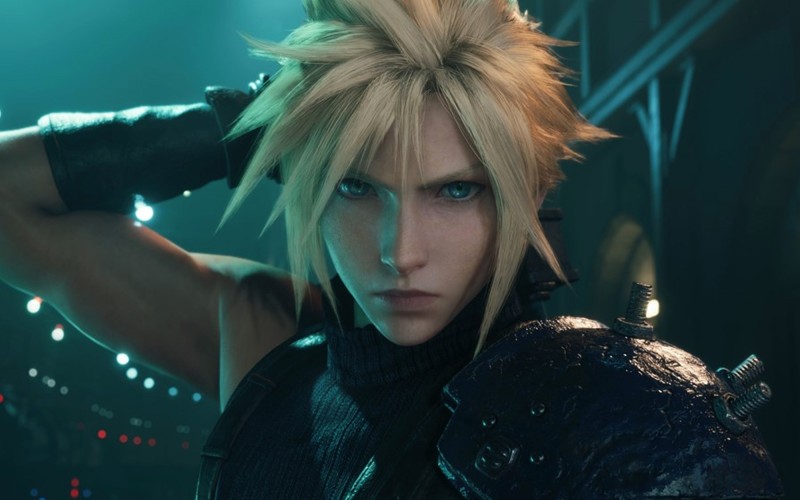Videogame giant Square Enix is doubling down on its commitment to Web3 games in 2023.
The company’s president Yosuke Matsuda penned a new year’s letter which reaffirmed its approach following several partnerships and investments in 2022.
Having partnered with metaverse The Sandbox on Dungeon Siege it sold its western arm and all the associated intellectual property rights to Embracer group for $300 million to focus on blockchain games then backed Bitcoin gaming infrastructure provider Zebedee in a $35 million funding round.
Matsuda said the maker of Final Fantasy is developing multiple blockchain games based on original IP. Its first NFT game Symbiogenesis was trailed in November.
He believes that volatility in the crypto market, including the collapse of FTX, will ultimately result in a more transparent Web3 industry.
“Looking externally, I think it is fair to say that blockchain gained significant recognition as a field in 2022, as evidenced by ‘Web 3.0’ becoming a firmly established buzzword among businesspeople,” wrote Matsuda.
“However, the year also saw volatility in the cryptocurrency and non-fungible token markets that tracked the dramatic shifts in the macroeconomy described above. The latter half of the year in particular produced a sombre string of news stories with blockchain connections, including the scandalous bankruptcy filing of FTX in November.
“In the wake of these developments, we hear rumblings from some countries of early moves to regulate such businesses more strictly. In Japan, meanwhile, the drive to encourage such businesses has gained momentum, led by the government.
“New technologies and frameworks lead to innovation, but they also create considerable confusion. Having ridden out such societal tides, some such technologies and frameworks gradually become part of people’s lives, eventually giving rise to new businesses and growth.
“Following the excitement and exhilaration that surrounded NFTs and the metaverse in 2021, 2022 was a year of great volatility in the blockchain-related space. However, if this proves to have been a step in a process that leads to the creation of rules and a more transparent business environment, it will definitely have been for the good of the growth of blockchain entertainment.”
Matsuda said attitudes towards blockchain – including in the gaming industry – were changing.
“Multiple blockchain gaming events held overseas recently produced more active discussion than ever before about what makes the games exciting and what their user community looks like,” he wrote.
“The market was driven more by speculative investors than by gamers through 2021. In other words, the content that was at the forefront was created based on the premise that blockchain and NFTs should result in monetization.
“However, in the wake of the aforementioned turbulence in the cryptocurrency industry, there is now a trend to view blockchain technology as a mere means to an end and to discuss what needs to happen to achieve the end of delivering new experiences and excitement to customers. I see this as a very beneficial development for the future growth of the industry.”
